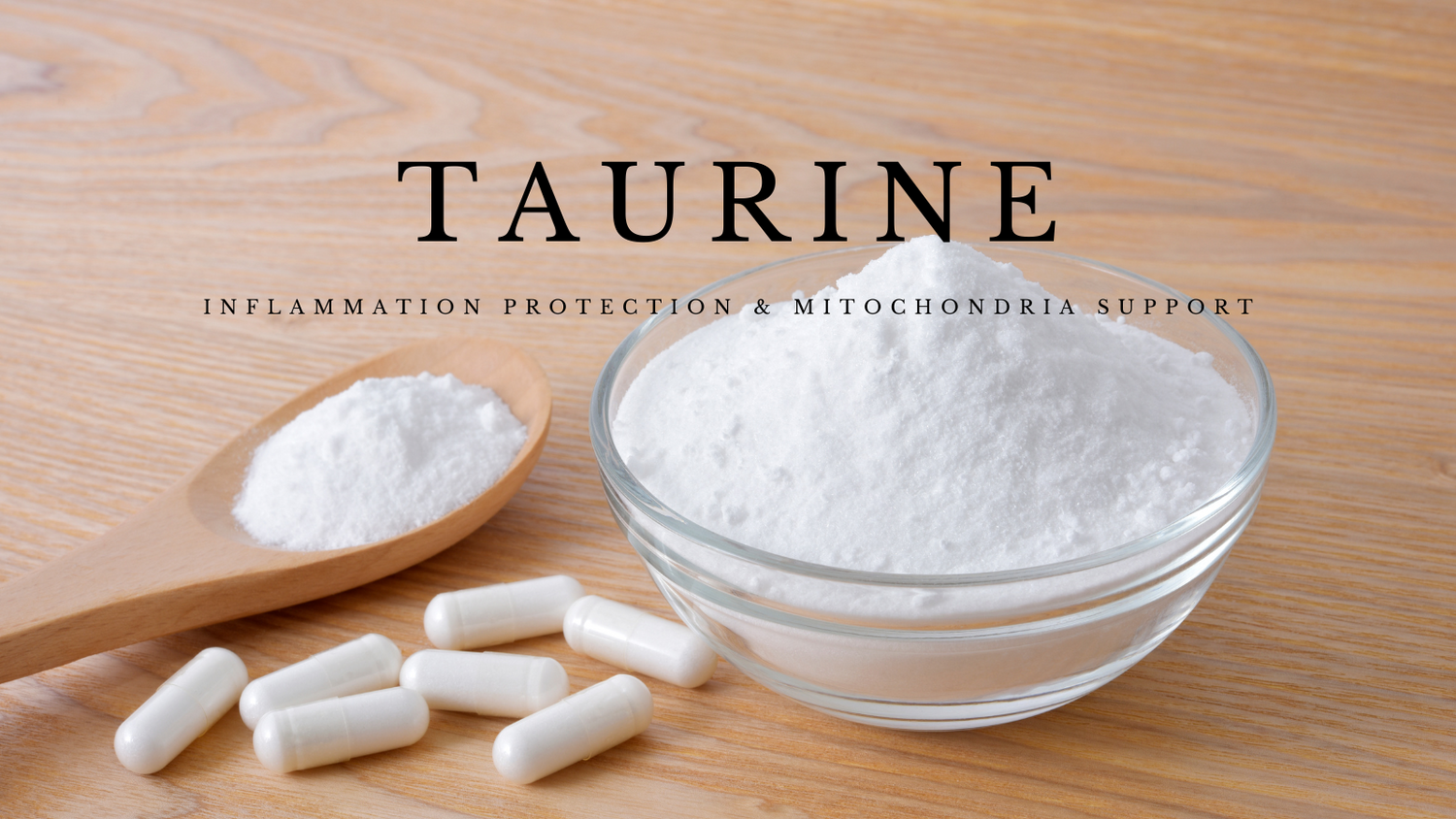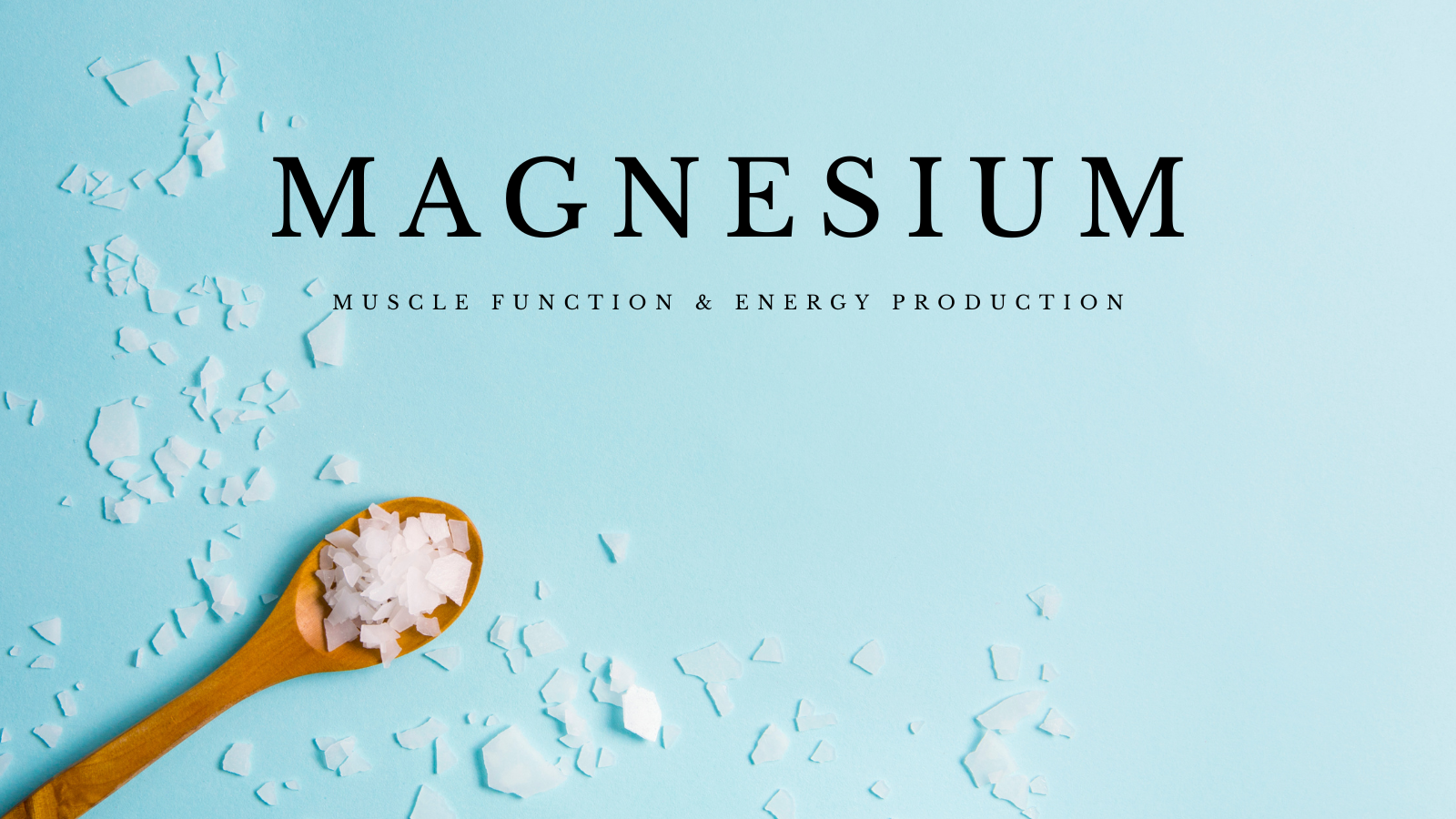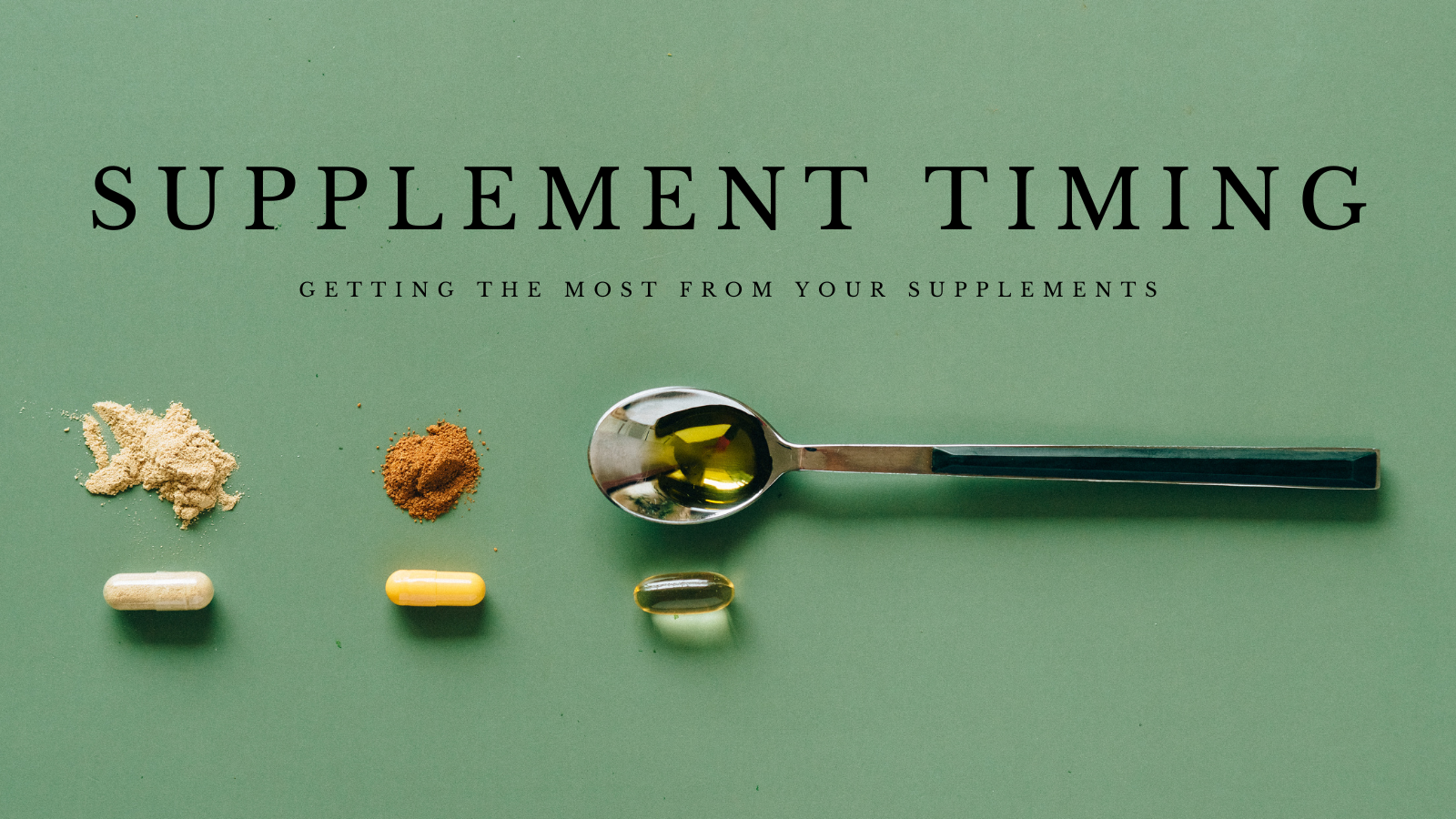Taurine
I remember a time when I was a teenager who thought drinking energy drinks regularly was cool. (Boy would I have a bit to say to him if I saw him now.) I recall seeing taurine on the label, and, being a teenager, didn’t really care what it was and just assumed it helped you feel energetic. Fast forward to today where adult me is deep-diving into the benefits of this amino acid, responsible for a wide variety of complex functions and protective effects in the body and brain. Red Bull might have been onto something, but...just going about it in a let's say…a less healthy way.

Red Bull included taurine to help brain function
Taurine is a semi-essential amino acid. Currently, it is being lobbied by researchers to be branded as an essential amino acid. Essential amino acids cannot be made in the body, instead, they must be bought into the body through diet. Non-essential amino acids, naturally, are then made in the body. Taurine can be synthesized in the liver from the amino acids methionine and cystine, and this is why it is considered semi-essential. However, methionine and cysteine are found in such small amounts, that researchers are beginning to say that the primary source of taurine is through diet.
Taurine controls essential processes at the cellular level. As a ubiquitous compound found in tissues throughout the body, taurine aids the body by modulating cell membrane stability and ion transport. There are so many functions in the body that taurine is used for, and we are going to have a look at a few here starting with mitochondrial support.
Taurine and Mitochondrial Support
Mitochondria, often referred to as the powerhouse of the cell, rely on taurine for optimal function. Taurine plays a key role in supporting mitochondrial integrity and energy production. This study demonstrated taurine's ability to enhance mitochondrial function and protect against oxidative stress, highlighting its significance in cellular energy metabolism.

A cross-section of a cell, with the mitochondria which look like small red beans
The study also showed that taurine can affect levels of Gamma-Aminobutyric Acid (GABA). GABA is an inhibitory neurotransmitter that has been linked to lowering anxiety levels, improving sleep, improving PMS symptoms and treating ADHD amongst other things.
Taurine and Inflammatory Protection
Inflammation is a natural immune response to body trauma, and an essential part of the healing process. Inflammation occurs due to day-to-day events such as delayed onset muscle soreness (DOMS) after a workout, or something substantially rarer such as a broken bone.
While it can be helpful to the healing process, inflammation can hinder recovery and limit repairing or can become chronic, leading to many unpleasant issues.
Taurine can assist in reducing inflammatory responses. This study looked at how taurine plays a large role in reducing chronic inflammation and inflammation during cardiovascular disease, which in turn could lead to the improvement of both conditions.

Mast Cells which control some inflammatory responses
Another study trialed taurine for use in healing brain injuries and the results showed that taurine could be useful in reducing oxidative stress, apoptosis and inflammation in injured brain cells.
Taurine and Testosterone
Here's one for the gentlemen reading. If you want to improve testosterone output, taurine might be what you have been searching for.
Taurine is found in concentrated amounts in the testis, so it’s no surprise that there is a link between Taurine and testosterone production!
Emerging studies show that Taurine can help boost testosterone production, and this particular study revealed taurine to significantly increase testosterone levels in Leydig TM3 cells (cells found in the testis that produce testosterone), while also reducing oxidative stress.
While taurine boosts testosterone levels, it is also shown to play an important role in the secretion of testosterone from the Leydig cells. Stay tuned for more studies on this topic!
Natural Sources of Taurine
Taurine is mostly found in seafood, meats, and dairy. In most plants, Taurine levels are very low, and usually undetectable.
Once again, wild-caught salmon is high up on the list, as you might remember with the astaxanthin and niacin blogs – if it isn’t clear yet, get some in your diet!
Here are the top sources of taurine in nature:
- Meat: Beef, pork, and poultry serve as excellent sources of taurine, providing a bioavailable form for optimal absorption.
- Seafood: Fish, especially salmon and mackerel, are rich sources of taurine, along with essential omega-3 fatty acids for brain health.
- Dairy Products: Eggs, milk, and cheese contain appreciable amounts of taurine, contributing to overall nutrient intake and supporting cellular function.
- Shellfish: Shrimp and scallops boast high taurine content, offering a delicious addition to your meals while promoting cardiovascular health.
- Seaweed: Certain varieties of seaweed, such as nori and kelp, provide a plant-based source of taurine.
The Importance of Taurine Supplementation
While your body is great at producing taurine on its own, you can unlock many more benefits by increasing taurine levels through foods and supplements. Taurine sources in nature are not high, so supplementation is recommended. Achieve taurine levels in your body that will help improve a wide range of functions from brain protective effects to regulating proper hormone function and blood pressure levels.
Sol Supps taurine is sourced in Poland, and made in the USA. No other ingredients are mixed in, so you know you are getting a pure, unadulterated taurine.




Leave a comment
All comments are moderated before being published.
This site is protected by hCaptcha and the hCaptcha Privacy Policy and Terms of Service apply.